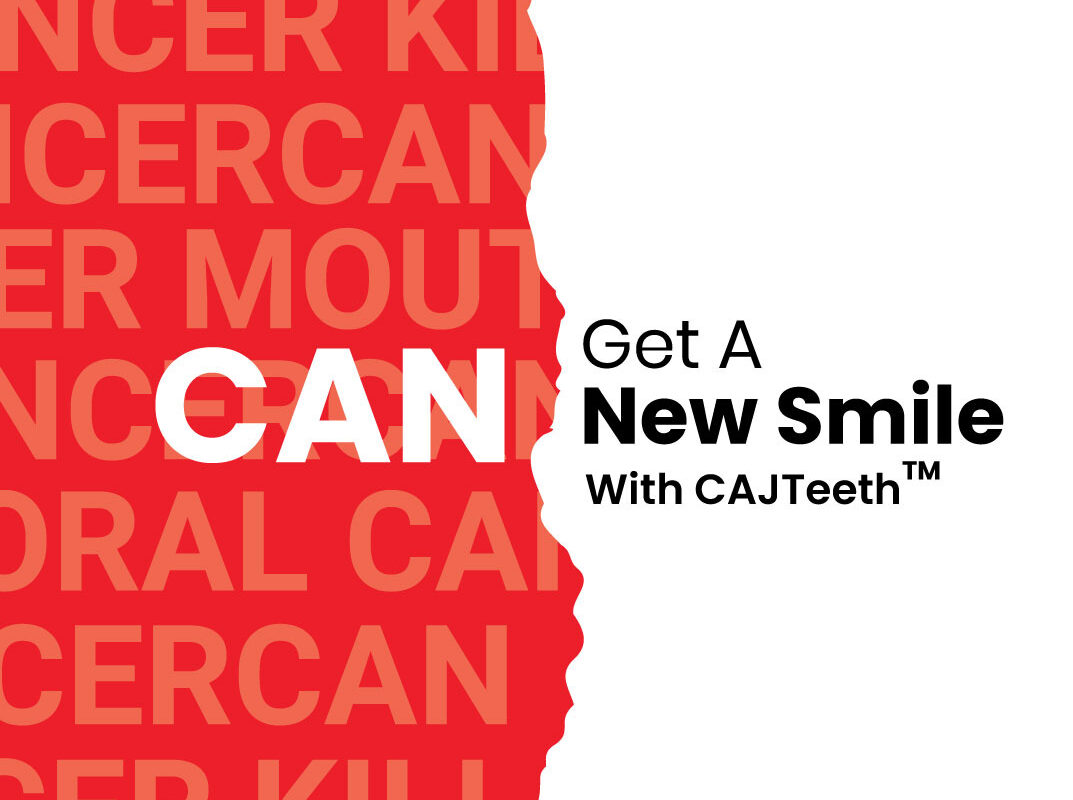In any cancer battle, there are physical, mental and emotional ups and downs. That’s why it’s important to find support from others who understand and have been through what you are experiencing. There is no way around the scary parts of cancer, but with the right team behind you, you can beat this. Oral cancer treatment can affect everyone in different ways. It can be physically challenging or cause a lot of stress. Anybody who has fought or is fighting cancer understands that it takes a toll on your body and mind. Nobody knows this better than people who have had to deal with the effects of their treatment on their teeth and gums.
With all of the heavy chemotherapy drugs given during cancer treatment, your mouth and gums are bound to get weaker – which is why dentists highly recommend getting them checked before starting any type of cancer therapy so as to avoid further complications later on.
Before starting your cancer treatment: get your mouth checked.
Even though you might not notice any symptoms of oral health issues, you should still have a checkup before you begin the treatment. A dental exam can identify any existing oral issues. A dental exam can also help detect precancerous and cancerous lesions. This way, oral issues can be treated before they become bigger problems.

The damage chemo does to oral health.
This type of therapy uses a combination of drugs that attack cancerous cells and stop them from growing. Unfortunately, these drugs also attack healthy cells, including the cells in the mouth. The chemotherapy drugs used to treat many types of cancer, such as breast cancer, lung cancer and leukemia, can damage the mouth and dentition. The drugs can cause inflammation, infections and other dental problems, including:
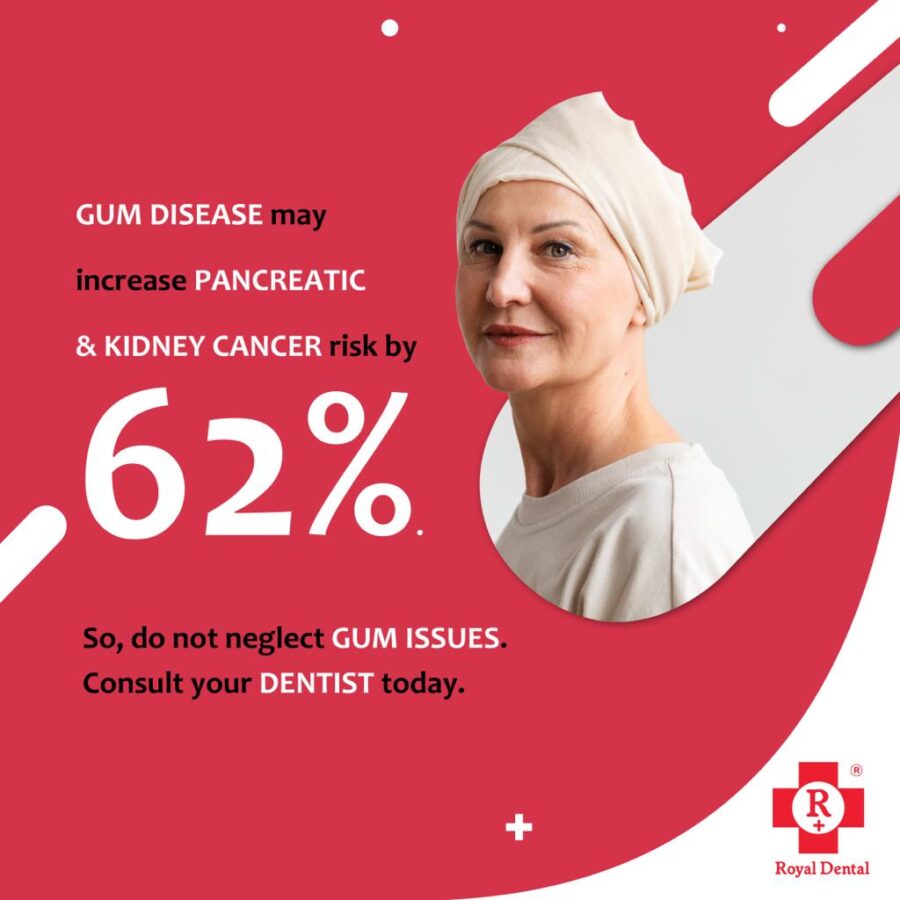
- Damage to or loss of dental pulp (the soft tissue inside a tooth).
- Loss of the periodontal ligament (the tissue that connects the gums to the teeth).
- Sores in the mouth.
- Oral ulcers (sores in the mouth that don’t heal).
Dental side effects of radiation therapy.
Radiation therapy is used to kill cancer cells and shrink tumors. The therapy can be given alone or in combination with other cancer treatments, such as chemotherapy. Radiation therapy can damage the salivary glands and reduce the flow of saliva in the mouth. Saliva helps cleanse the mouth, prevent infections and promote healing. The lack of saliva in the mouth can cause dental problems, including:
- Sore or irritated mouth.
- Dry mouth or a burning sensation.
- Sticky, white patches on the tongue or the roof of the mouth.
- Swollen and bleeding gums.
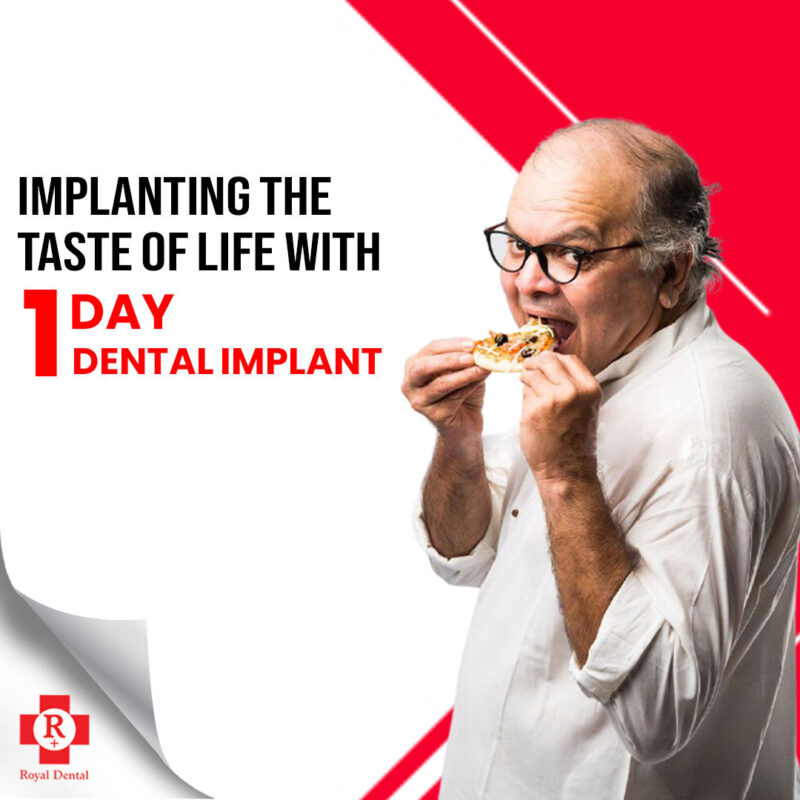
Dental side effects of a stem cell transplant.
A stem cell transplant is a treatment given to people with certain types of cancers that rely on the patient’s own stem cells to make more cancer cells. During this procedure, the patient’s stem cells are removed and stored for later use. The patient’s healthy cells are killed with chemotherapy or radiation.
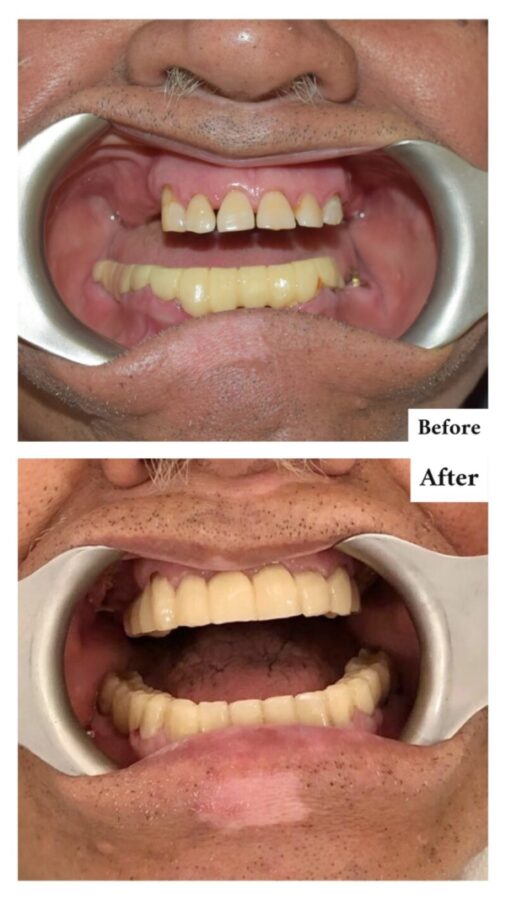
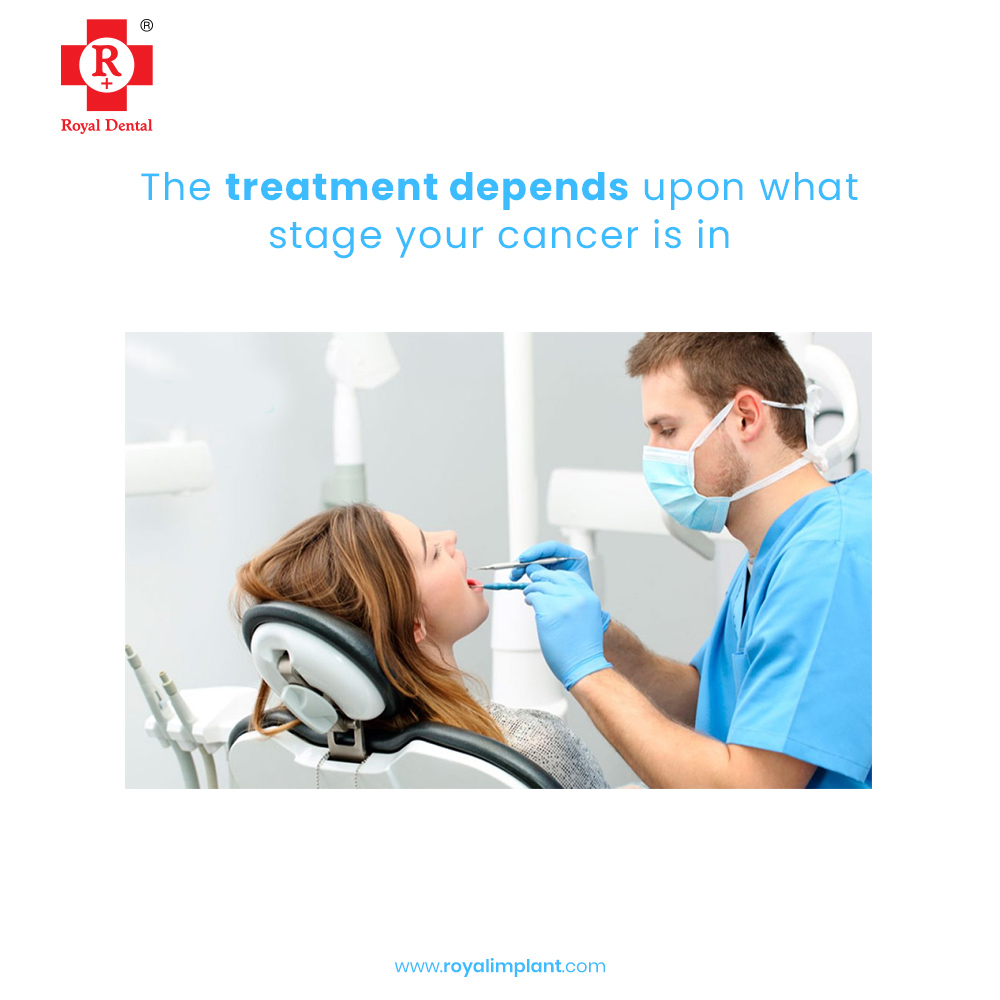
Dental side effects of an immunotherapy treatment.
Immunotherapy is a type of treatment that boosts the body’s immune system to help fight cancer. This type of treatment has a lower risk of side effects than many other cancer treatments. Still, it can have some effects on the oral health. The chemotherapy drugs used in an immunotherapy treatment can damage the salivary glands and reduce the flow of saliva in the mouth.
Saliva helps cleanse the mouth, prevent infections and promote healing. The lack of saliva in the mouth can cause dental problems, including: Sore or irritated mouth. Dry mouth or a burning sensation. white patches on the tongue or the roof of the mouth. Swollen and bleeding gums. Sores in the mouth.
How to help protect the state of your teeth during cancer treatment?
To protect the state of your teeth as best as you can during treatment, keep a few things in mind: – Brush your teeth as often as you can. This is the best way to keep your teeth clean and healthy. Use a fluoride mouthwash to help protect teeth from damage.
Stay hydrated. This will help keep your mouth’s pH levels balanced and prevent the onset of cavities.
See a dentist regularly. This is particularly important if you are undergoing radiation therapy.
Beyond treatment: what happens to your teeth after a cancer diagnosis?
Once your cancer treatment is over, your risk of developing new issues is significantly reduced. However, issues that were there before treatment and have been left untreated could become worse. This is why it is so important to get your mouth checked and to receive treatment for existing dental problems before they get out of control. Additionally, it is advisable to maintain a healthy oral hygiene routine in the future and to seek the help of a dental professional for advice on how to improve on it.

